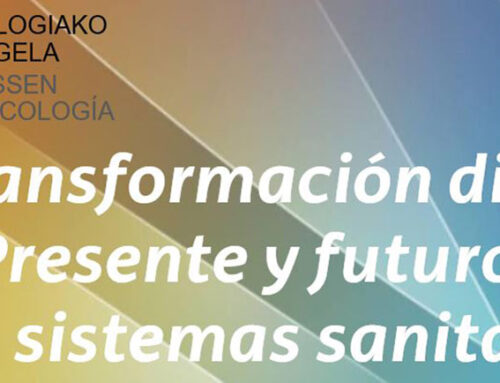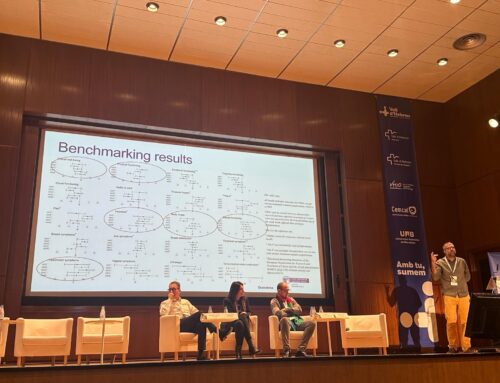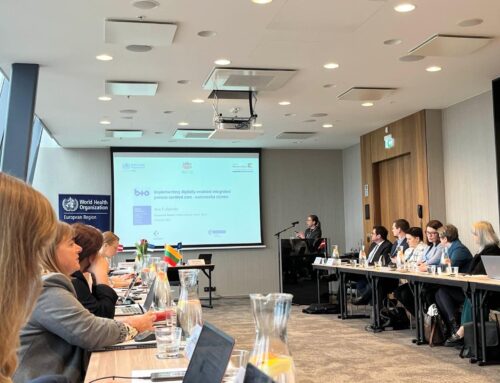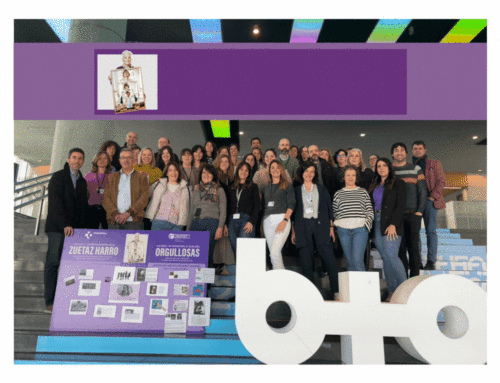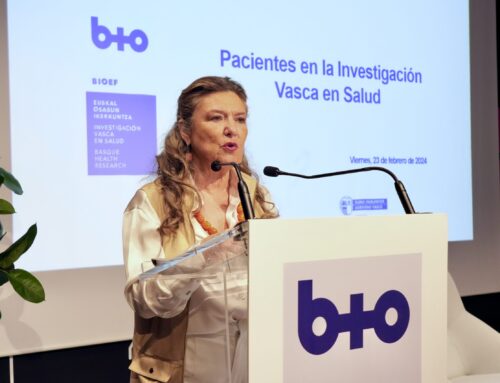The meeting was held in person from 26 to 28 February at Milton Keynes, Great Britain, and online for those members who could not attend due to travel issues generated by COVID19.
 The workshop was structured in different parallel sessions where they addressed issues and themes related to the development of the platform, design of pilots and the launch of the Gatekeeper solution into the market.
The workshop was structured in different parallel sessions where they addressed issues and themes related to the development of the platform, design of pilots and the launch of the Gatekeeper solution into the market.
Gatekeeper‘s main goal is to create digital solutions for early detection and development of personalised interventions for elderly patients. By harnessing the potential offered by new technologies and, especially, the Internet of Things (IoT), the project seeks to improve social and healthcare services offered by the system. This will in turn increase care quality and result in better healthcare outcomes. Similarly, Artificial Intelligence, Big Data and data analysis shall be used to achieve early diagnosis of diseases and disabilities, understand symptoms, and facilitate constant and personalised monitoring.
The project is currently in its first year of life. One of the main activities developed during this period has been the identification of the requirements for the development of a platform enabling early detection and intervention of cases. Seven cases have been defined:
-Treatment of exacerbation of COPD.
-Predictive model of the glycaemic index in diabetes.
-Prediction of re-admission and heart failure imbalances.
-Primary and secondary prevention of strokes.
-Attention of multimorbid patients, including polymedicated patients.
-Early detection and intervention related to healthy lifestyles.
-Management of Parkinson’s patients.
The pilot will be deployed in seven European regions: Basque Country and Aragon (Spain), Saxony (Germany), Greece, Puglia (Italy), Milton Keynes (United Kingdom), Cyprus and Poland. They have already started with the design of the interventions and the analysis of the available technological solutions in their environment to undertake the surveillance and intervention at the homes and/or communities. During the meeting, Kronikgune, co-manager with the Osakidetza of two of the cases, was responsible for presenting the advances related to the design of their intervention. The first case will focus on an intervention related to the healthy lifestyles of the elderly to address risk stratification, early detection, and the provision of digital “coaching”. The second case will address the multimorbid polymedicated patients to increase their adherence to treatment and attempt to avoid the side effects deriving from their medication.
The partners responsible for the exploitation of the results shared their progress in terms of the identification and analyses of the regulations and standards to launch the Gatekeeper solution to the markets. In this context, they will work to provide an open, standard-based, inter-operable, and safe framework, that is available for all the European agents.
For further information about the project and to see the progress, visit their official website: https://www.gatekeeper-project.eu/

